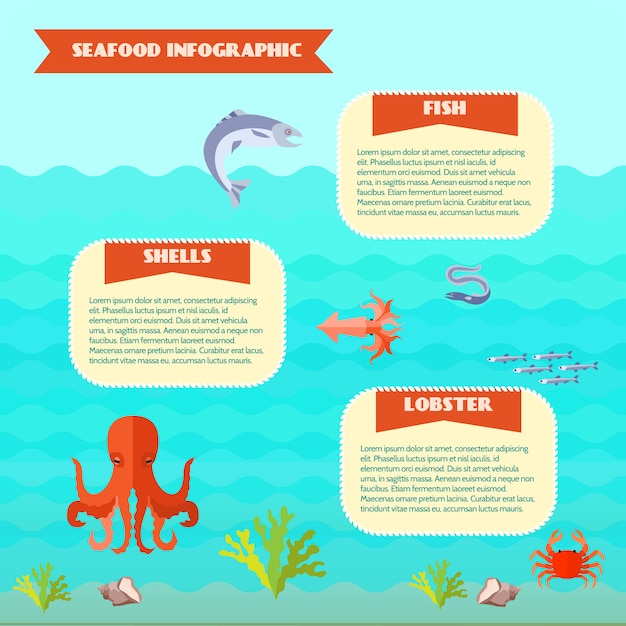

The Atlantic Ocean is the second-largest ocean in the world.
The Atlantic Ocean covers approximately 20% of the Earth’s surface.
The Atlantic Ocean is located between the Americas to the west and Europe and Africa to the east.
The depth of the Atlantic Ocean reaches over 8,800 meters at the Puerto Rico Trench.
The Gulf Stream, a strong ocean current, flows from the Gulf of Mexico into the Atlantic Ocean.
The Atlantic Ocean has a rich biodiversity, with thousands of species living in its waters.
The Atlantic Ocean is known for its numerous shipwrecks, making it a popular diving destination for wreck exploration.
The Mid-Atlantic Ridge, an underwater mountain range, extends through the Atlantic Ocean.
The Atlantic Ocean experiences hurricanes, with the hurricane season typically lasting from June to November.
The Atlantic Ocean played a significant role in the exploration and colonization of the Americas.
The Atlantic Ocean is an important trade route for shipping goods between continents.
The Sargasso Sea, located in the Atlantic Ocean, is known for its floating seaweed and unique ecosystem.
The Atlantic Ocean is home to the Bermuda Triangle, an area notorious for mysterious disappearances of aircraft and ships.
The Azores, a group of volcanic islands, is located in the middle of the Atlantic Ocean.
The Atlantic Ocean has several major currents, including the North Atlantic Drift and the Canary Current.
The Atlantic Ocean has been used for transatlantic telecommunication cables since the mid-19th century.
The Atlantic Ocean is saltier than the Pacific Ocean due to higher evaporation rates.
The Great Barrier Reef, the world’s largest coral reef, is not found in the Atlantic Ocean but in the Pacific.
The Atlantic Ocean touches four continents: North America, South America, Europe, and Africa.
The Atlantic Ocean is responsible for creating the climate patterns in Europe, known as the North Atlantic Oscillation.
The Atlantic Ocean is home to numerous shipwrecked pirate treasures, making it a popular destination for treasure hunters.
The Atlantic Ocean has been an inspiration for countless works of literature, including Moby-Dick, The Old Man and the Sea, and Titanic.
The Atlantic Ocean is connected to the Arctic Ocean through the Greenland Sea.
The Atlantic Ocean has a diverse range of marine life, including whales, dolphins, sharks, and various fish species.
The Atlantic Ocean has influenced the cultures and traditions of coastal communities through fishing and seafaring activities.
The Atlantic Ocean has witnessed numerous historical events, including the sinking of the Titanic and the World War II naval battles.
The Atlantic Ocean has extensive oil and gas reserves, particularly in the Gulf of Mexico and offshore regions of West Africa.
The Atlantic Ocean has several famous beaches, including Copacabana Beach in Rio de Janeiro and Miami Beach in Florida.
The Atlantic Ocean has experienced accelerated sea-level rise due to climate change, impacting coastal communities and ecosystems.
The Atlantic Ocean has unique natural phenomena, such as the bioluminescent plankton that create glowing waves.
The Atlantic Ocean is home to the largest fish in the world, the whale shark, which can reach up to 40 feet in length.
The Atlantic Ocean’s waters are relatively cooler than the Pacific Ocean, making it a favorable habitat for cold-water species like cod and haddock.
The Atlantic Ocean has witnessed significant historical expeditions, such as Christopher Columbus’s voyage across the Atlantic in 1492.
The Atlantic Ocean is an important habitat for endangered species, including various sea turtle species and the North Atlantic right whale.
The Atlantic Ocean has helped shape the world’s climate, as it acts as a heat reservoir, distributing warmth from the equator towards the poles.
The Atlantic Ocean is home to the longest mountain range on Earth, the Mid-Atlantic Ridge, stretching around 16,000 kilometers.
The Atlantic Ocean’s tides, influenced by the gravitational pull of the Moon, have significant impacts on coastal ecosystems and tidal energy generation.
The Atlantic Ocean facilitates oceanic migration, as many marine species travel between continents, using the ocean’s currents for navigation.
The Atlantic Ocean has abundant reserves of minerals, including manganese nodules and oil deposits.
The Atlantic Ocean provides important resources to humans, such as fish, shellfish, and seaweed, supporting coastal economies around the world.
The Atlantic Ocean is divided into two major basins, the North Atlantic and the South Atlantic, by the Equatorial Counter Current.
The Atlantic Ocean’s surface temperature varies depending on the location, from freezing near the poles to tropical in the Caribbean.
The Atlantic Ocean is home to numerous beautiful islands, including the Bahamas, Canary Islands, Cape Verde, and Madeira.
The Atlantic Ocean is known for its massive waves, attracting surfers from around the world to locations like Portugal’s Nazaré Canyon.
The Atlantic Ocean has played a crucial role in shaping human history, from ancient civilizations relying on its resources to modern globalization through maritime trade.
Around the world, coffee enthusiasts enjoy Monin coffee concentrate since it is a multipurpose product. Conveniently combining…
The Importance of Choosing the Right Shower for Your Bathroom Renovating your bathroom can be…
Usain Bolt holds the record for the fastest 100-meter sprint in history.Bolt was named Sportsman…
Love is in the air... and it smells suspiciously like chocolate!Roses are red, violets are…
Life's a beach, take a picture and relax.Sun, sand, and salty kisses. That's what beach…
Hungary is home to the largest thermal water cave system in the world.The Rubik's Cube…